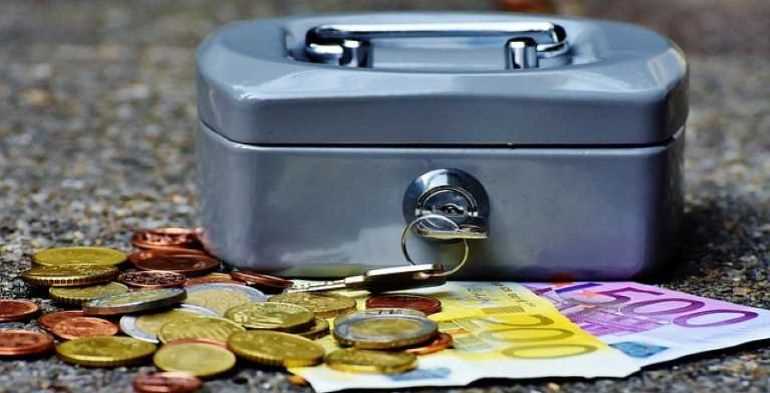Illegal Moneylenders – Know the Dangers
Community
3
min read
13 Jan 2023

With Christmas just gone, and the bills from December starting to arrive to the door, January is often a difficult time to manage budgets. This year with the rising cost of living, it will be even more of a challenge. Our Credit Union Consumer Sentiment Index askes the public how their household finances have evolved and whether now is a good or bad time to make major purchases, and in recent months it has shown some of the weakest readings in the twenty-six plus years of the survey, so we know that consumers have been experiencing significant financial pressures.
This can leave people vulnerable to moneylenders, who offer quick cash at high interest rates. Moneylenders should be licenced by Central Bank of Ireland or the Financial Conduct Authority in Northern Ireland, but often there are unlicenced ‘loan sharks’ who operate illegally and offer no rights to the consumer.
These unlicenced moneylenders often target those on low incomes and have recognised the challenging times many are facing. In Northern Ireland they have began to cold call people seen visiting food banks or similar charities for help and assistance, to offer small loans to cover some of their weekly costs like energy bills and groceries. In a BBC Spotlight investigation, one man told his story of being approached by these so-called loan sharks who gave him a £500 loan after seeing him at a food bank. After a month he was told that he owed them £1,300.
Unlike other financial institutions, illegal moneylenders will often harass you if you fall behind on your repayments or they could pressure you into borrowing more to repay one loan with another. So, it is best to avoid them entirely where possible.
Of course, there are also licenced moneylenders such as catalogue companies offering loans for electrical goods, furniture or other larger purchases. However, they typically apply large interest rates to their loans, meaning that you might end up paying much more for the product that if you could have paid it outright. Their APR rates can be as high as 187%, meaning on a €500 loan for 6 months you would be paying €150 of interest (A total of €650).
To help put this in perspective, if you got the same loan from a credit union, who can only charge a maximum of 12.68% APR, at the end of the 6-month period, you would have paid back just €16 in interest (€516 repayable in total).** That is ten times less!
Similarly, a loan of say £200 over 3 months would result in just £3 of interest, compared to £55 of interest on the same loan from a licenced moneylender.***
And the low interest rates are not the only benefit, credit union staff are trained to understand the difficulties people are facing and can help you work through what your options might be, and as they are all community-based organisation you’ll be dealing with an operation that is committed to helping people, not to profiting from their financial struggles.
So, if you are in need of assistance with your bills this year, why not come talk to your local credit union first. It’s quick and easy to sign up and once you’re signed up almost 60% in Northern Ireland, and almost 80% of credit unions in the Republic of Ireland, allow you to join the credit union and apply immediately for a loan (without having any savings there).
When looking for credit, make sure you know what you’re signing up for by asking:
-
Can you repay the loan early, without penalty?
-
What’s the APR? And how does this compare to other lenders?
-
Are there any fees/charges hidden in the terms and conditions?
-
What happens if you miss a repayment or it’s late?
-
Is this lender regulated?
*ILCU Marketing and Lending Survey 2019, refers to standard loan applications which were completed in full.
**A €500 loan borrowed over 6 months at an APR of 12.68%, repayable at €20 per week for 26 weeks, would have a total cost of borrowing of €516. Interest payable on the loan would be €16.
*** A £200 loan borrowed over 3 months at an APR of 12.68%, repayable at £16 per week for 12 weeks, would have a total cost of borrowing of £203. Interest payable on the loan would be £3.